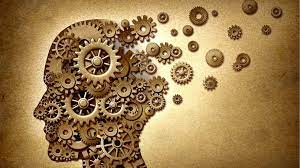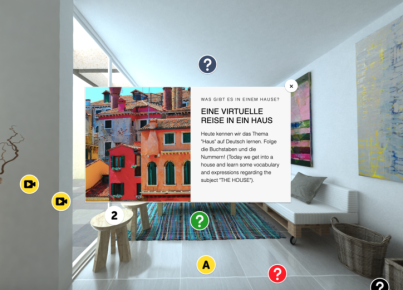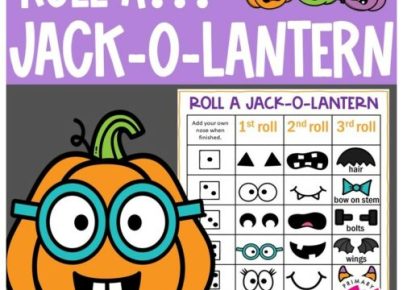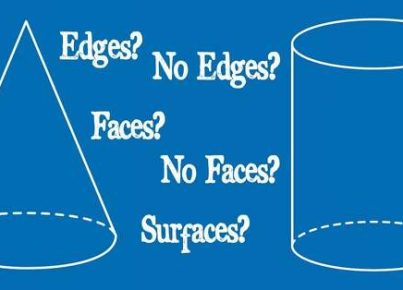Introduction
The human brain is a complex marvel, responsible for countless cognitive processes that shape our daily lives. Among these processes, learning plays a pivotal role by enabling us to acquire new skills, knowledge, and insights. While conscious learning strategies such as memorizing facts and carrying out practical exercises undoubtedly contribute to our personal development, it’s important not to overlook the significant impact of non-conscious learning on our brain’s performance. This article delves into the fascinating world of non-conscious learning and its profound implications in various areas of life.
What is Non-Conscious Learning?
Non-conscious learning refers to the acquisition of knowledge or skills without any awareness or intention on the part of the learner. This process is driven by underlying mental mechanisms that operate outside the realm of conscious thought, allowing individuals to accomplish certain tasks more efficiently over time. Examples of non-conscious learning include forming habits, imitating others’ behaviors, and adapting to new environments in a seemingly effortless manner.
Implicit vs. Explicit Learning
To better understand non-conscious learning, let’s draw a comparison with its counterpart – explicit (conscious) learning. Explicit learning entails an intentional effort to acquire information or develop a certain skillset by actively engaging with educational content or instruction. Implicit (non-conscious) learning, on the other hand, takes place automatically and often results from exposure to particular stimuli or experiences that eventually lead to behavioral improvements.
Classical Conditioning
One classic example of non-conscious learning is classical conditioning, a process through which neutral stimuli become associated with a significant response over time. Discovered by Russian psychologist Ivan Pavlov in 1901, this phenomenon involves the pairing of an unconditioned stimulus (e.g., food) with a neutral cue (e.g., a bell) until a strong association between the two elicits a conditioned response (e.g., salivation) in anticipation of the unconditioned stimulus.
Observational Learning
Another compelling illustration of non-conscious learning can be found in observational learning. This form of learning occurs when individuals interpret and replicate others’ behaviors by watching and listening to their actions. Observational learning operates on a hidden level, as people often adopt new habits or mannerisms without even realizing it. Renowned psychologist Albert Bandura’s social learning theory underscores the influential role of observation and imitation in shaping human behavior.
The Role of Memory
While consciousness plays a central part in many forms of learning, non-conscious learning relies on the subtle interplay between attention, perception, and memory. Our brain continually processes numerous stimuli and cues from the environment, linking them to previously stored information. When this process happens without conscious awareness, we are engaging in non-conscious learning.
Applications of Non-Conscious Learning
The implications of non-conscious learning extend far beyond mere academic curiosity. By harnessing its power, individuals can develop new skills or absorb valuable knowledge that might otherwise be overlooked. For instance, exposing people to relevant foreign-language phrases over time can increase their linguistic proficiency even if they aren’t actively trying to learn the language. Additionally, athletes might improve their technique or performance by subconsciously mimicking successful peers.
Conclusion
Non-conscious learning represents a fascinating aspect of human cognition that offers rich potential for personal development. By uncovering the secrets behind this hidden process, we can explore ever more effective ways to enhance our abilities and overcome cognitive limitations. From conditioning our minds to respond favorably to certain cues to effortlessly adapting new habits through observation and imitation, the realm of non-conscious learning holds great promise for shaping our lives in profound ways.





